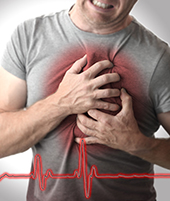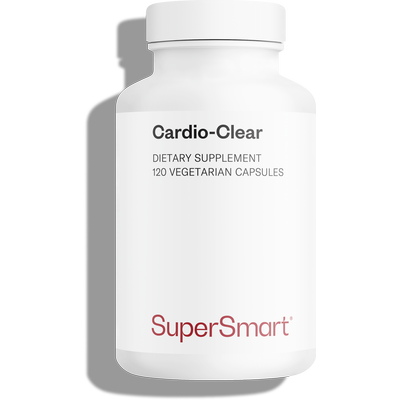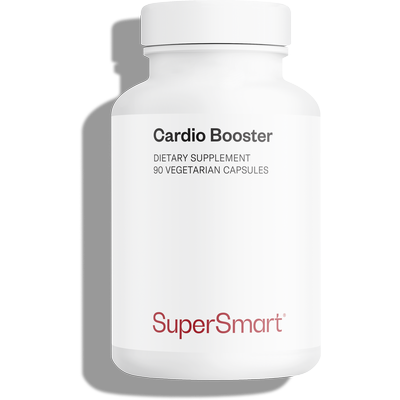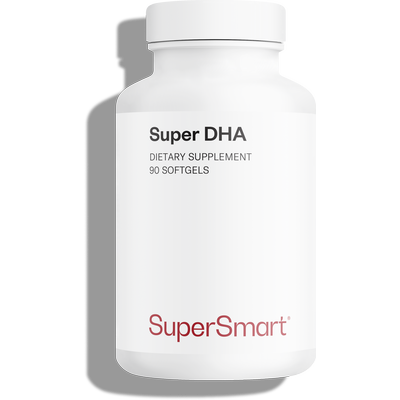26-08-2019
Coughing vigorously can save you from a heart attack: a dangerous myth
 For a while now, information has been circulating on social networks to the effect that it may be possible to «survive a heart attack when alone» by breathing deeply for two seconds then coughing vigorously, alternating these actions until help arrives, or until your heart starts to beat normally again. Those who perpetuate this ‘advice’, of which there are several versions, liken it to CPR – it is meant to provide oxygen to the lungs and massage the heart.
For a while now, information has been circulating on social networks to the effect that it may be possible to «survive a heart attack when alone» by breathing deeply for two seconds then coughing vigorously, alternating these actions until help arrives, or until your heart starts to beat normally again. Those who perpetuate this ‘advice’, of which there are several versions, liken it to CPR – it is meant to provide oxygen to the lungs and massage the heart. Is this sound advice?
As you might imagine, there is no medical evidence to support the benefits of ‘cough CPR’. A heart attack occurs when there is a blockage in the coronary artery supplying blood to the heart, usually from a clot. This interruption in blood flow destroys part of the heart muscle which is then unable to contract properly (causing the first symptoms of a heart attack), and if nothing is done to correct it, the heart may stop beating altogether.
Coughing vigorously will do nothing to prevent a fatal outcome. On the contrary, it could increase the risk of death since it uses additional oxygen to perform what is a pointless action. What needs to happen is for the artery to be unblocked as quickly as possible, and only the emergency services can do this.
It’s not clear how this rumour has spread. Perhaps those who started it confused a heart attack with a specific form of arrhythmia called supra-ventricular cardiac arrhythmia in which coughing may sometimes restore the heart rate.
If you recognise any of the typical heart attack symptoms listed below, it’s important to ring for an ambulance, lie still and stay as calm as possible:
-
• Difficulty breathing;
• Shortness of breath;
• Red face and clammy skin;
• Breaking out in a sweat;
• Pain or sensation of pressure in the chest;
• Sudden feeling of indigestion;
• Nausea or vomiting;
• Weakness and dizziness;
• Shock.
Sources :
1- Bucher HC, Hengstler P, et al. N-3 polyunsaturated fatty acids in coronary heart disease: a meta-analysis of randomized controlled trials. Am J Med. 2002 Mar;112(4):298-304.
2- Hooper L, Thompson RL, et al. Risks and benefits of omega 3 fats for mortality, cardiovascular disease, and cancer: systematic review. BMJ. 2006 Apr 1;332(7544):752-60. Review.
Order the nutrients mentioned in this article

New, improved formulation. Advanced oral chelation with EDTA, malic acid, garlic extract and bromelain
www.supersmart.comFurther reading
07-06-2016
Imagine a nutrient that could prevent wrinkles, slackening and ageing of the skin, not just on the face (eyelids, cheeks, lips) but also on the...
Read more22-05-2017
An Indian research team has just made a surprising discovery in relation to the accumulation of ‘bad’ cholesterol in the arteries 1 ; a combination...
Read more04-09-2019
A study published in Hypertension , the journal of the American Heart Association, has provided new evidence of this dietary supplement’s effectiveness for reducing the...
Read more© 1997-2025 Fondation pour le Libre Choix
All rights reserved
All rights reserved
Free
Thank you for visiting our site. Before you go
REGISTER WITHClub SuperSmart
And take advantage
of exclusive benefits:
of exclusive benefits:
- Free: our weekly science-based newsletter "Nutranews"
- Special offers for club members only



















